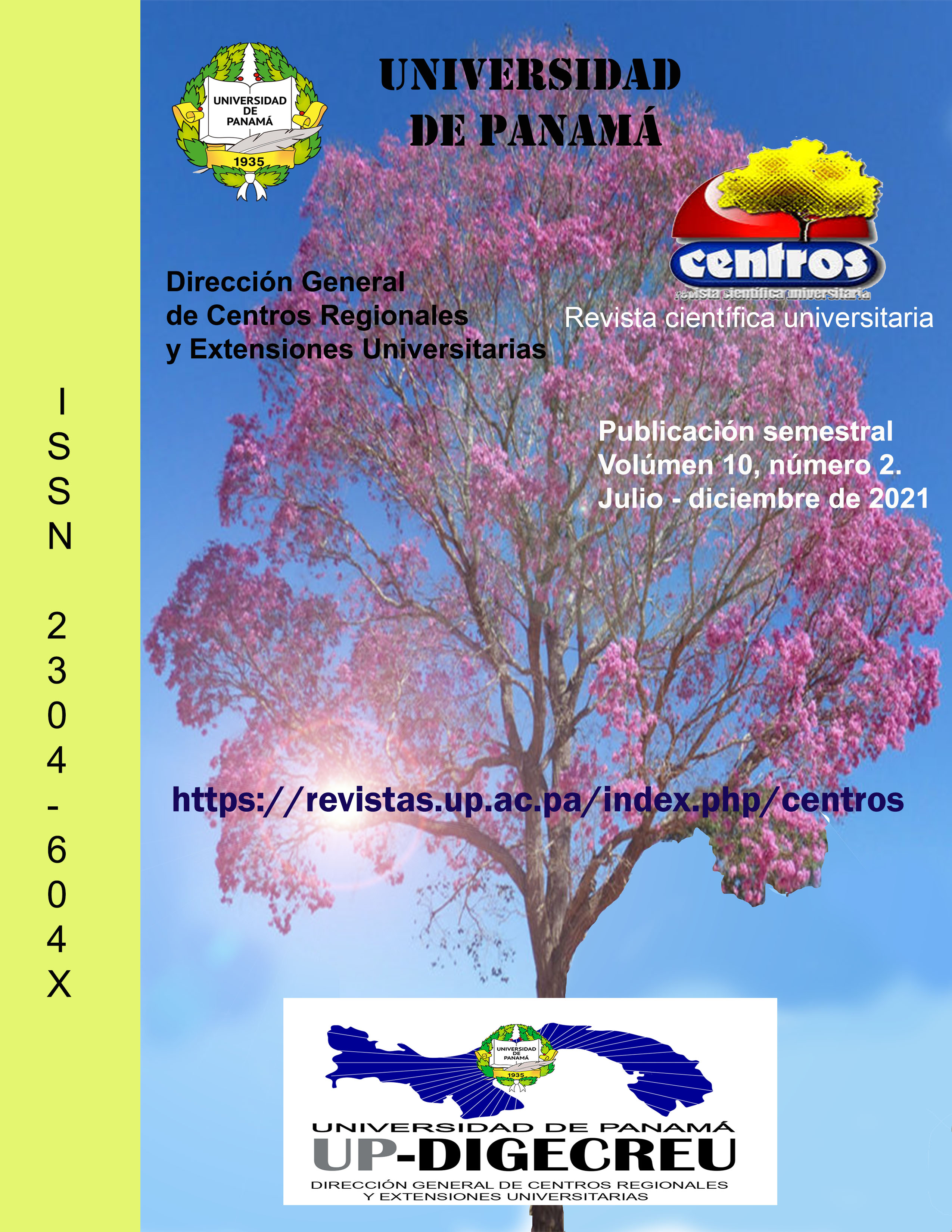

The following article tries to analyze the considerations and perceptions of the professors and students of the radio and television degree program of the Faculty of Social Communication of the University of Panama, knowing the successes, the failures and the weaknesses to put it in accordance with the labor market in the different scientific and technological criteria and the demands of the society that the professional who is trained with this study plan will serve. This need for revision arises in response to the national reality. Automation forced the academy to keep up with social changes and digitization, in addition to requiring the preparation of properly trained, trained and prepared professionals so that they can function adequately in the areas of film, radio and television. The findings demonstrated the importance of evaluating a study plan and that it is based on the fact that it will allow to analyze what changes are necessary for a redesign of the plans, the establishment of guidelines for their updating and the time in which it must be fulfilled so that the plan does not expire. To collect the results, an exploratory methodology was designed with an experimental approach with a specialized bibliography. A simple random sampling survey of 150 students and 10 teachers of the career was applied, whose results yielded, improving the academic plan and program of the Audiovisual Production Career of the Faculty of Social Communication, for its optimal teaching-learning processes.